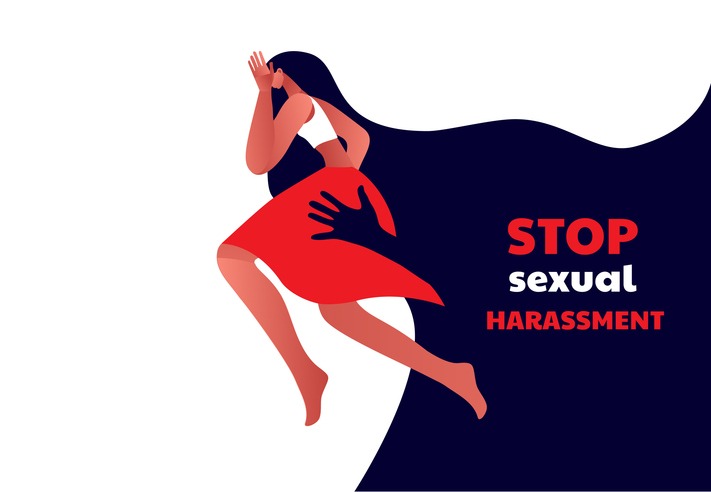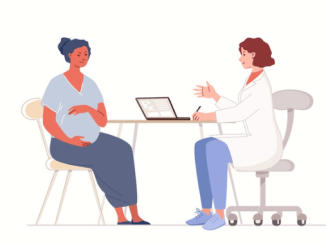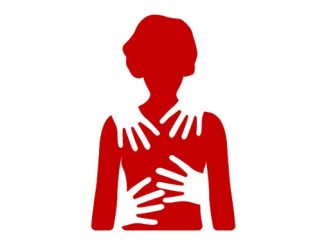As reported by Nation CYMRU, a shocking survey reveals that NHS workers, from nurses to cleaners, endure sexual harassment and assault, prompting calls for stronger protective measures
The Unison union said it is shocked by the findings of a wide-ranging survey which revealed widespread incidents of sexual harassment.
The study of more than 12,200 health workers, published on the first day of Unison’s annual health conference in Brighton, showed that one in 10 reported unwanted incidents including being touched or kissed, demands for sex in return for favours, and derogatory comments.
Sexual assault was reported by 29% of respondents who had experienced harassment, while half said they have been leered at or been the target of suggestive gestures.
One in four of those who had been harassed said they have suffered unwelcome sexual advances, propositions or demands for sexual favours.
Harassment
Crude “banter” or “jokes” were the most common issue, reported by three in five workers who had experienced some form of harassment, according to the research.
Despite the serious and even criminal nature of some of the incidents, half the staff had not reported sexual harassment to their employer, mainly through fear of being considered “over-sensitive” or a feeling that their employer would not act on their complaint.
Incidents included a 111 adviser, herself a survivor of sexual abuse, who described being regularly harassed on the phone by anonymous callers. The only response from her managers was to be told it is just part of the job, said Unison.
The union’s general secretary, Christina McAnea, said: “No-one should ever have to endure such despicable behaviour, and certainly not in their place of work.
“But NHS staff often put up with this appalling abuse, not reporting it because they don’t believe they’ll be taken seriously.
“More must be done to protect nurses, healthcare assistants, cleaners and other NHS staff from sexual harassment, reassure them their complaints will be fully investigated, and action taken against the perpetrators.
“Employers must take swift action when workers flag up incidents, regardless of whether the sexual harassment has come from a patient or a colleague. Otherwise, this completely unacceptable behaviour will simply continue.”
Comments from staff included:
– “Fairly frequently, members of the public call 111 and try to use it as a sex line. We have a ‘three warnings’ policy before we hang up. Sometimes I have to go through an entire call and assessment with a patient about a personal issue whilst they are making sexual comments and crude jokes the entire time.” (111 call handler, Wales).
– “I have witnessed completely blurred boundaries, observed kissing, men grabbing colleagues from behind and pushing themselves into them. There have been foot rubs, and massages. I’ve experienced someone inappropriately stroking my arm, someone sneaking up behind me and jabbing their fingers into my ribs, and someone slapping my bum. I even had someone pushing a lock of hair behind my ear when I was alone with them.” (Pathology technician, Yorkshire and Humberside).
– “I’ve had comments about my hair, how I look and how they would love to have sex with me, which reminded me of when I was raped at a young age by a male patient.” (Nurse, West Midlands).
Royal College of Nursing chief nurse Professor Nicola Ranger said: “These figures paint an incredibly disturbing picture. Nursing staff should be able to come to work and expect the NHS to be a safe place – and not face the risk of assault, harassment, or abuse.
“Employers must do all they can to protect staff as they do their jobs and create an environment where they can confidently report incidents and know they will be taken seriously, and all appropriate action will be taken.
“Otherwise, our health and care service will suffer the effects of even more nursing staff leaving the profession.”
A Department of Health and Social Care spokesman said: “Sexual violence or misconduct of any kind is unacceptable and NHS organisations have a responsibility to protect both staff and patients.
“We have a zero tolerance approach and will continue to work with the NHS to ensure that they are taking measures to stop sexual assaults from happening, and to ensure staff feel comfortable raising concerns.
“We encourage any member of staff who have faced these issues to report it within the NHS, and to the police.”




Be the first to comment